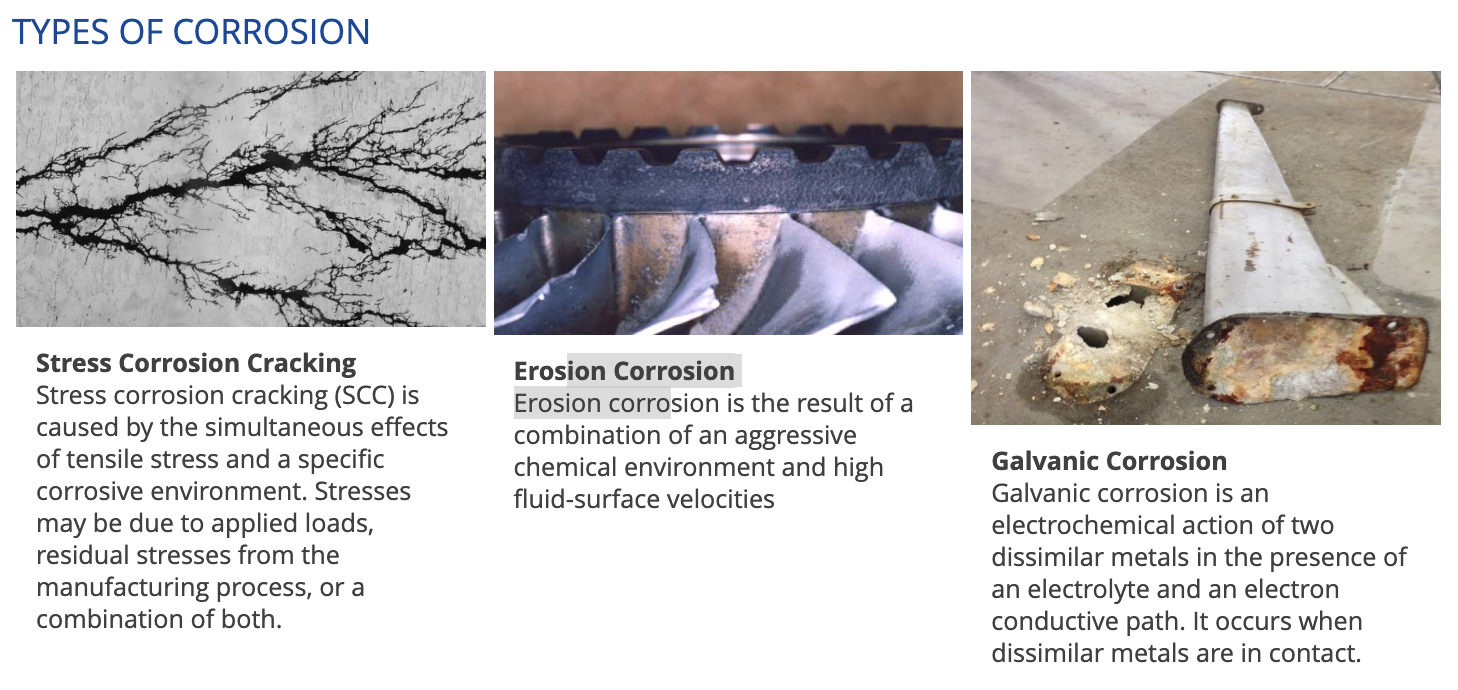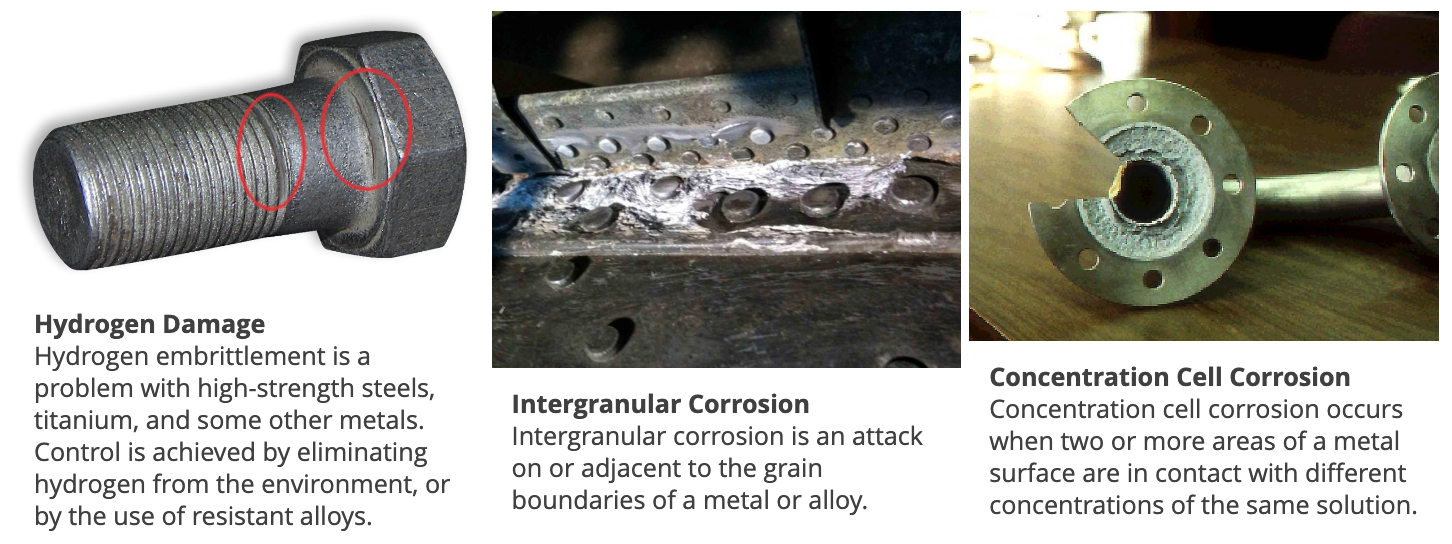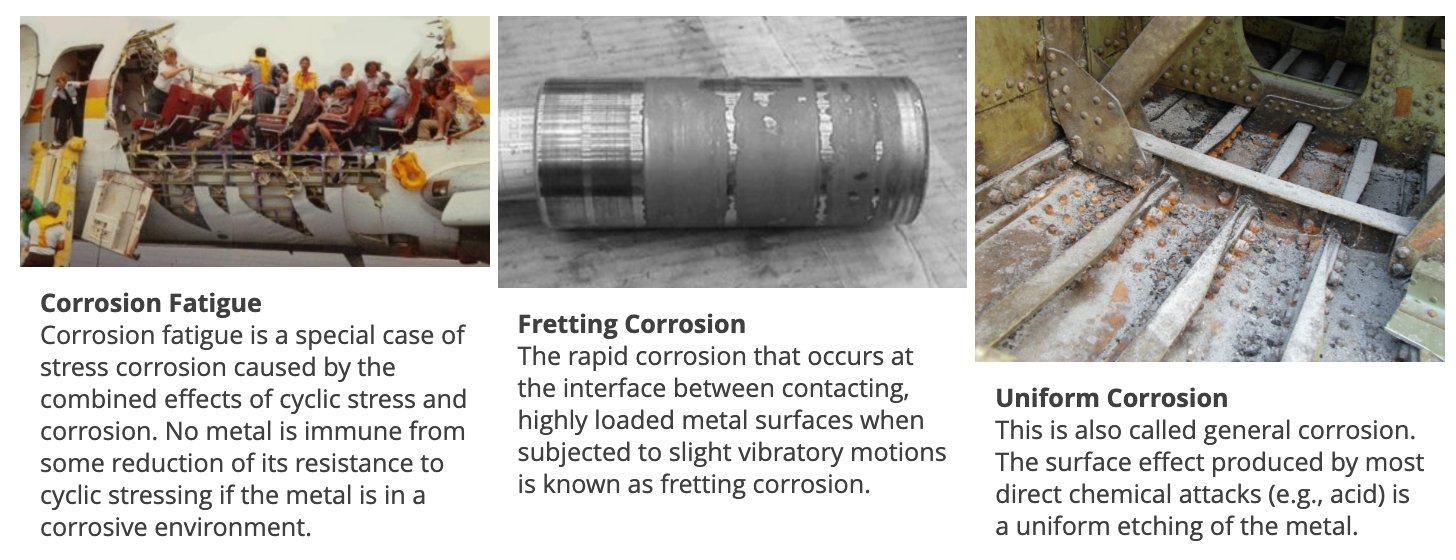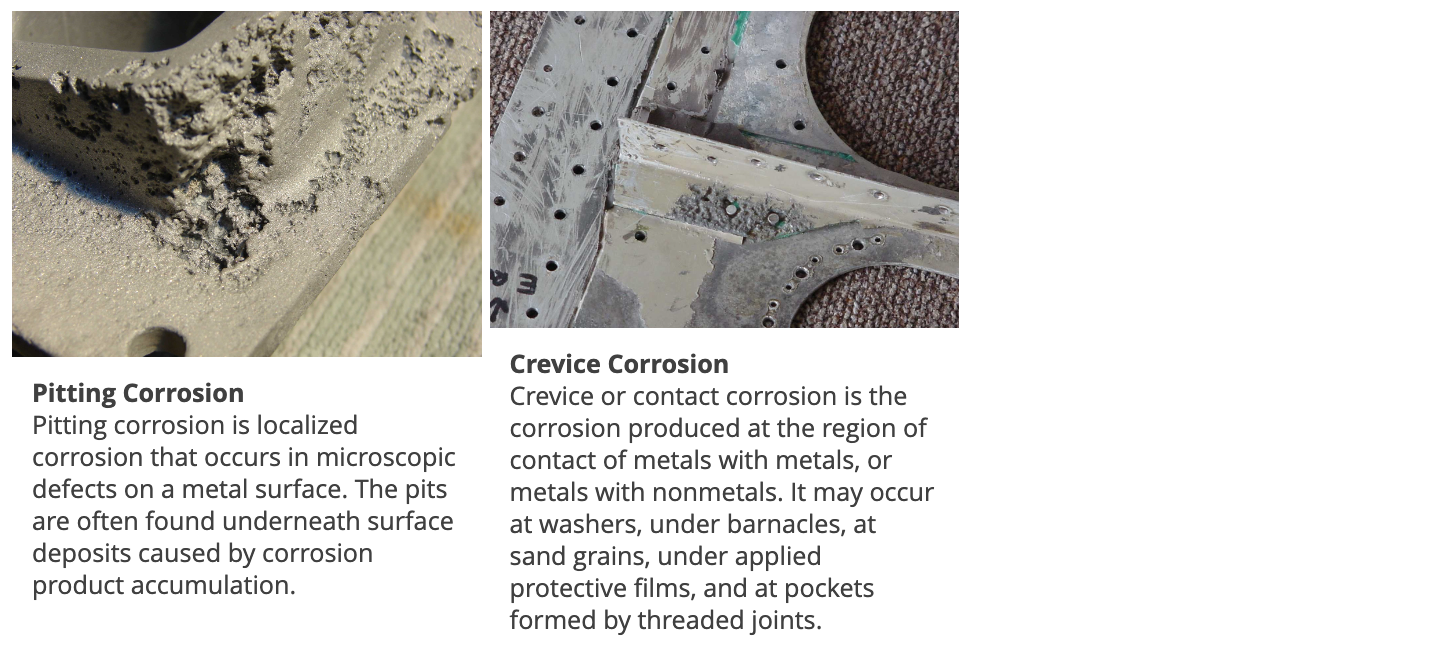By Levan Tabidze
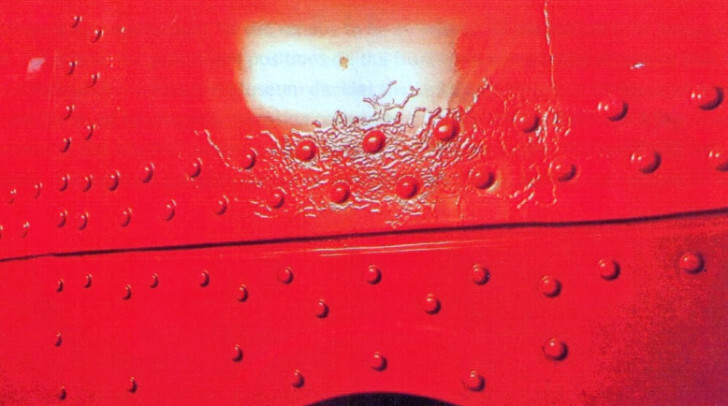
Corrosion can be defined as the degradation of a material due to a reaction with its environment. Degradation implies deterioration of physical properties of the material. This can be a weakening of the material due to a loss of cross-sectional area, it can be the shattering of a metal due to hydrogen embrittlement, or it can be the cracking of a polymer due to sunlight exposure. Materials can be metals, polymers (plastics, rubbers, etc.), ceramics (concrete, brick, etc.) or composites-mechanical mixtures of two or more materials with different properties. Because metals are the most-used type of structural materials, most of this article will be devoted to the corrosion of metals.
Most corrosion of metals is electrochemical in nature. Metals corrode because we use them in environments where they are chemically unstable. Only copper and the precious metals (gold, silver, platinum, etc.) are found in nature in their metallic state. All other metals, including aluminum and iron, the metals most commonly used in aircraft, are processed from minerals or ores into metals which are inherently unstable in their environments. These metals have a tendency to revert to their more stable mineral forms.
Some metals form protective ceramic films (passive films) on their surfaces and these prevent, or slow down, the corrosion process. We can prevent corrosion by using metals that form naturally protective passive films, but these alloys are usually expensive, so we have developed other means of corrosion control.
A number of other means of controlling corrosion are available. The choice depends on economics, safety requirements, and a number of technical considerations. Twin Commander has access to trained corrosion professionals who can provide guidance to our service centers on corrosion control.
Protective coatings are the most commonly used method of corrosion control. Protective coatings can be metallic, such as the layers of zinc, cadmium, or chromium on the surface of steel.
The other most commonly used process for corrosion protection is conversion coating. Conversion coatings are coatings for metals where the surface of the part is converted into the coating with a chemical or electro-chemical process. Examples include chromate conversion coatings, phosphate conversion coatings, bluing, black oxide coatings on steel, and anodizing.
In most cases, both protective coatings and conversion coatings are doubled using organic coatings on top. These organic coatings are called primers or varnishes and can be oil base, water base, epoxy base, or based on other organic chemistry.
As a means of corrosion prevention it is absolutely essential to monitor the condition of aircraft airframe and systems for evidence of corrosion. Exposure to a corrosive environment should be kept to a minimum by proper washing using only approved soaps and detergents, as well as proper periodic inspections. This is especially true for closed cavities such as under the floorboards, engine and avionics bays, cavities under the fairings, and so on. To minimize exposure and accumulation of corrosive agents, all drain holes should be kept unclogged and free at all times. Proper corrosion prevention can prevent expensive repairs and loss of structural integrity.
Twin Commander pays particular attention to corrosion protection of the parts and products. No part is supplied without superior corrosive protective means. All aluminum parts are protected with oxide film, and primed with organic or epoxy primers. Twin Commander parts made from steel are protected by corrosion-protective layers of chrome or cadmium. Twin Commander engineering constantly monitors the latest developments in corrosion protective science, and constantly updates manufacturing processes with the latest products. Twin Commander also monitors the fleet for corrosion-related issues in service, and designs service documents (Maintenance Alerts, Service Letters, Service Bulletins, and Custom Kits) to eliminate any corrosion-related issues.
